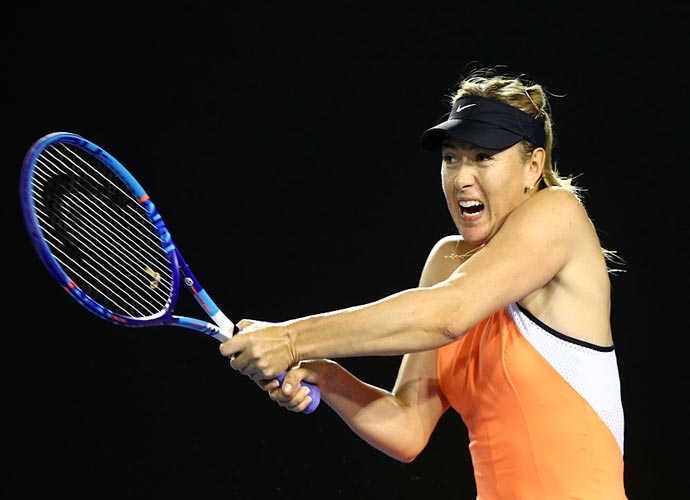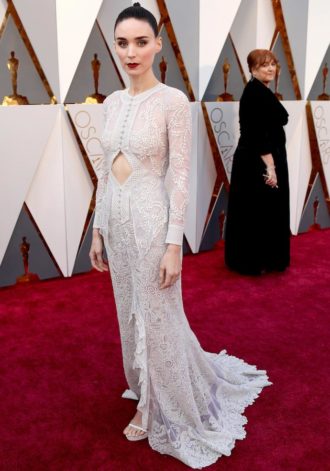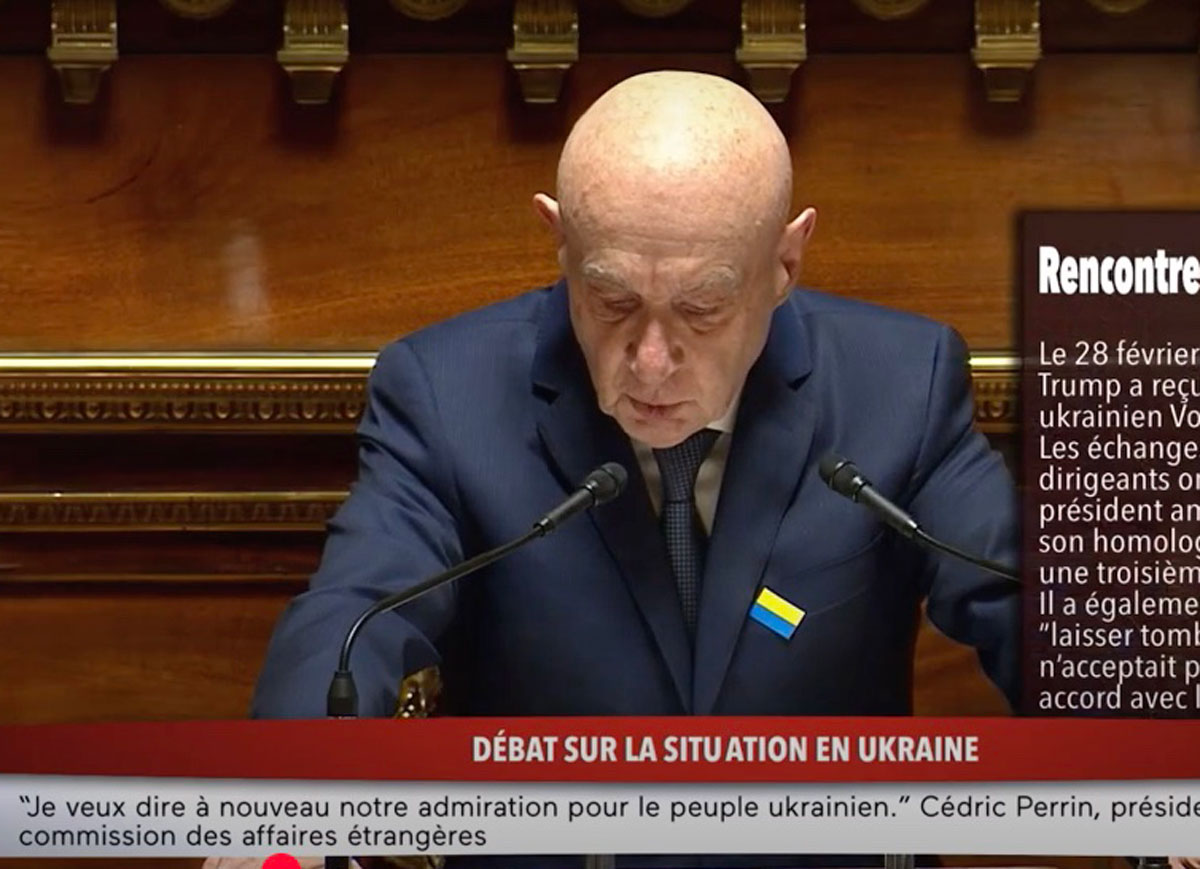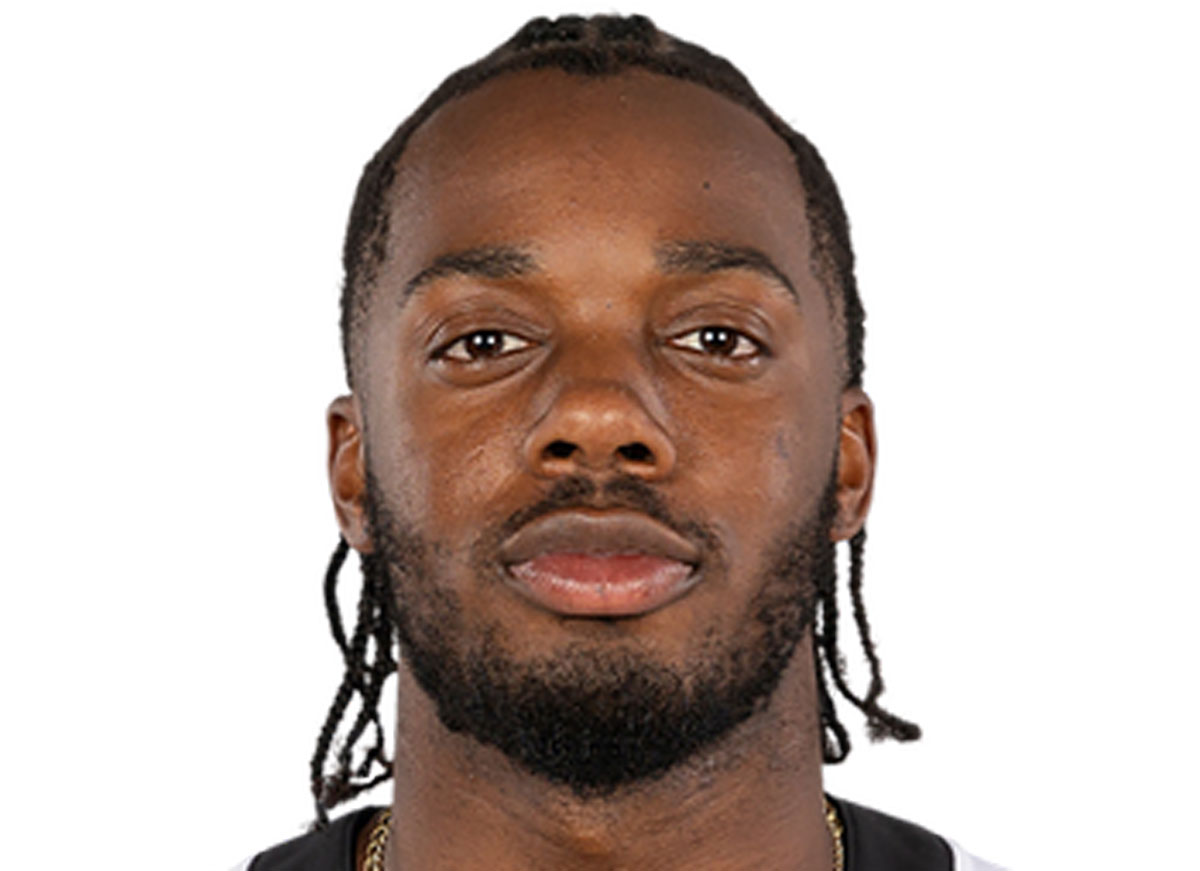Sponsors Cut Ties With Maria Sharapova After Failed Drug Test
Three of Maria Sharapova‘s major sponsors, Nike, TAG Heuer and Porche, have cut ties with the tennis star after she failed a doping test at the Australian open.
“We are saddened and surprised by the news about Maria Sharapova,” said Nike’s statement, “We have decided to suspend our relationship with Maria while the investigation continues.”
Porche released a similar statement on Tuesday which said that it has “chosen to postpone planned activities [with Sharapova] until further details are released and we can analyze the situation.”
TAG Heuer’s deal with Sharapova expired at the end of 2015 and the previous discussion of extension has now ceased.
“In view of the current situation,” said TAG Heuer’s statement, “the Swiss watch brand has suspended negotiations, and has decided not to renew the contract with Ms. Sharapova.”
To many, this signifies a “zero tolerance era for sponsors.” Unlike the time in 2012, when Nike defended Lance Armstrong against doping accusations after the United States Anti-Doping Agency found evidence to support the accusations. (They dropped him a week later.) The New York Times hypothesizes that this is a result of the alertness of social media to controversy in recent years.
Even those who have not yet pulled their support for Sharapova have proclaimed wariness. Evian released a statement that said that it would “follow closely the development of the investigation.
The five-time Grand Slam winner announced the positive test at a news conference in Los Angeles on Monday. It was for the little-known drug meldonium, which was banned under the World Anti-Doping Agency code this year. She took full responsibility for her actions, although she did say that although she and all the other players were notified of this change, she had missed the notification, neglecting to click the link.
“I take great responsibility and professionalism in my job, and I have made a huge mistake,” said Sharapova.
Sharapova also said that she has been taking the drug, which promotes blood flow, for 10 years now for health reasons. Meldonium was banned because it aids oxygen uptake and thus endurance. Several other athletes around the world have been caught using it.
“I know that with this, I face consequences,” said Sharapova. “I don’t want to end my career this way, and I really hope I will be given another chance to play this game.”
Sharapova could face a lengthy ban from the International Tennis Federation as the given punishment for this infraction is a four-year suspension. This could prevent her from competing for Russia at the Olympics in Rio de Janeiro. But, this suspension could be reduced if a player shows no significant fault or negligence.
The WADA president Dick Pound has said that Sharapova has made a “big mistake” and “should have known” the consequences of using it.
Sharapova is thought to be the world’s highest paying athlete when combining her sports career with her endorsement deals and business ventures (including high profile candy line, Sugarpova). Forbes estimated her earnings at $29.5 million for 2015.
While some of Sharapova’s contemporaries, like Serena Williams, have shown sympathy for Sharapova, saying that she has “showed a lot of courage and a lot of heart.”
Others were not as kind, such as retired tennis player, Jennifer Capriati, whose now-deleted Twitter rant accused Sharapova of hiring doctors to “get around the system”and saying: “I had to lose my career and never opted to cheat.”
RELATED ARTICLES
Get the most-revealing celebrity conversations with the uInterview podcast!


 Click here for the Oscars 2016: Best Dressed Photos Slideshow
Click here for the Oscars 2016: Best Dressed Photos Slideshow



Leave a comment